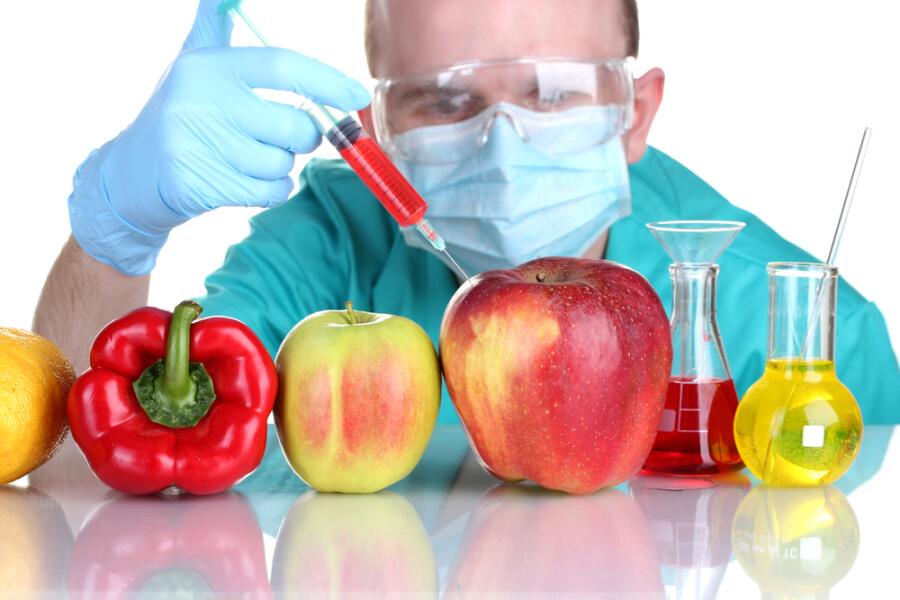
Every time the food industry tries to attract buyers under false labels of organic products. The problem is not the food production method, which can be organic in theory, on paper, but rather what complements that product. To understand it quickly, we will give an example: a soluble cocoa product can be organic and the cocoa it contains can be grown in the most natural way possible, without chemicals and respecting its natural cycles. But, if, in addition to cocoa powder, the product is composed of 50% organic sugar, is it still healthy?
Organic foods are those that comply with regulations in their cultivation process. Vegetables, vegetables and fruits that grow without any chemical element that alters their composition and that of the soil . This makes them better in origin, and carries a series of advantages that, in turn, are favorable for the environment. We are going to see what are the advantages of consuming organic products and, also, why we must always pay attention to the fine print of everything we buy.
 Less additives
Less additives
 They have no toxic metals
They have no toxic metals
 The number of bacteria is less
The number of bacteria is less
 More respect for the environment by using less chemicals, less water and being sold in local shops
More respect for the environment by using less chemicals, less water and being sold in local shops
 Healthier: greater antioxidant power
Healthier: greater antioxidant power
 Responsible consumption: the natural cycle is followed, avoiding overproduction
Responsible consumption: the natural cycle is followed, avoiding overproduction
For a food to be organic, its cultivation cannot have an origin based on unnatural elements such as synthetic fertilizers, dyes, or growth hormones. This has several consequences. The first is that if the growth process of a product cannot be altered, there is only the option of respecting its natural cycle. Vegetables are therefore grown at the time of year when they grow best, and do not need an extra dose of water or chemicals. And the same goes for meat: animals cannot be treated with antibiotics or fattened with chemicals to accelerate their growth.
The impact on the environment is clear. Growing organic food requires much less water, and transportation processes are much less expensive and polluting. To understand this, you have to pull logic. If we grow vegetables under their natural cycle, without altering them, we will not be able to keep them for long time between harvesting and consumption . Those fruits and vegetables are not going to last too many days, much less weeks, in perfect condition. Where does this lead us? To a proximity consumption.
If you wanted to buy organic fruits and vegetables, surely the first thing that comes to mind is the markets near your home, or the small greengrocers that guarantee a 100 percent natural product. All this is part of the nearby trade, the local, which is much more sustainable for the environment since it does not need large transport trucks that waste liters of fuel or cold rooms for storage.
The lie: organic products are not always healthier
We can understand this in several directions. One of them is that not all the products that nature offers us naturally are better in themselves. There are very natural poisonous plants and, obviously, not healthy . Mushrooms grow in the mountains free of chemicals and it takes a great deal of knowledge to collect them. There are totally healthy animals, which are not badly fed or sick, and we cannot eat. Natural is not always the best.
Sugar, contrary to what happens with chemical sweeteners, is totally natural. It is one of the substances that nature offers us through sugar cane and that, as we usually say, is real poison . It causes us unnecessary peaks in blood glucose, and its consumption is massively used in the industry even in foods where it is not necessary.
And something that is very relevant, and what we have to be very attentive to, is the composition of the food. It may be that we find in the supermarket some cereals with supposedly ‘organic ‘ fruits, or some cookies made with a very organic flour but that are really full of sugar and artificial preservatives. The same goes for a fruit smoothie that contains more chemical sweeteners than fruit. Or with a product that is based on organic meat , but contains many other harmful substances.

